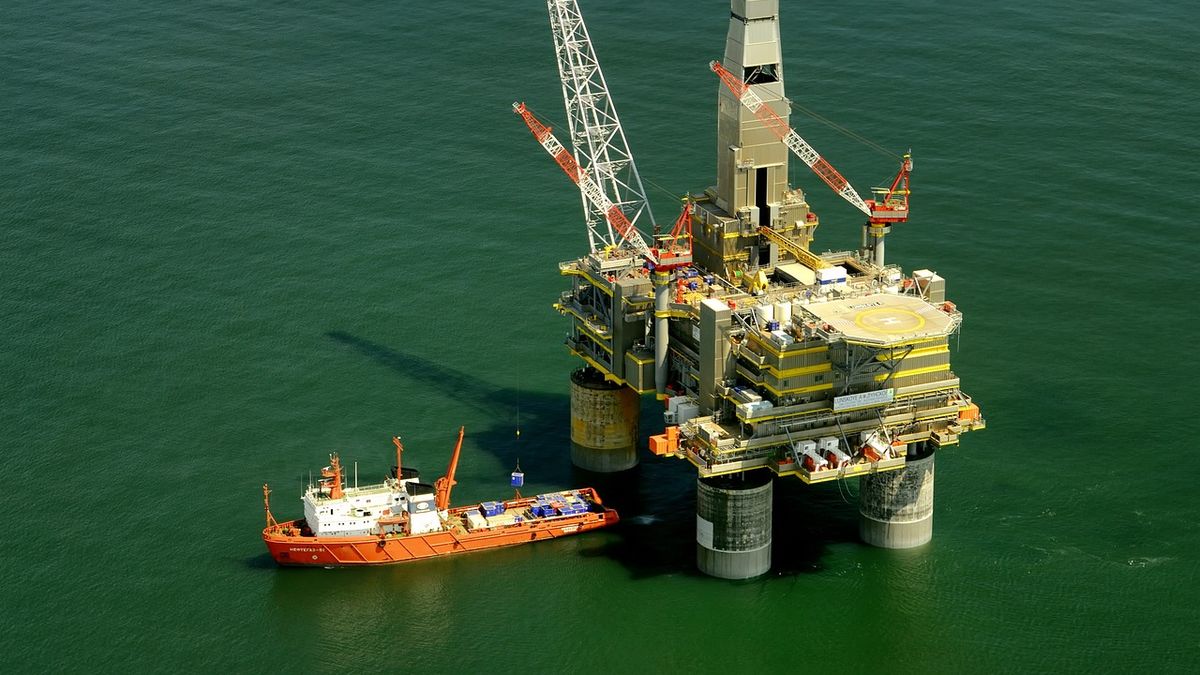The National Administration of Fuel, Alcohol and Portland (Ancap) began a “historical event” for the development of Uruguay: For the first time, the entire territorial sea is under oil exploration, after the seven blocks of the marine basins in the Atlantic Ocean and new contracts with interested oil companies will begin.
The company had already warned Petroleum Geo-Services (PGS) in an official statement: the signing of the production sharing contracts remaining was imminent, and work could soon begin on the search for oil and gas on the Uruguayan coasts, after the positive discoveries in Namibia, on the opposite side of the Atlantic.
Yesterday, finally, all the blocks were officially awarded within the framework of the Open Uruguay Roundin force since 2019. In this way, the oil companies joined APA for OFF-6 area; Shell for areas OFF-2 and OFF-7; and YPF in the OFF-5 area. While Challenger Energy It had already been awarded the OFF-1 block and APA and Shell will sign a consortium for the OFF-4 area.
During the coming weeks, meanwhile, the contract for the remaining block, OFF-3, will also be signed with Challenger Energy.
Blocks_offshore_Ancap-transformed.jpeg
Uruguay will have, for the first time in its history, offshore oil and gas exploration throughout its maritime platform.
“A historical fact”
At a press conference, the president of Ancap, Alejandro Stipanicic, pointed out the fact that all areas of the maritime platform of Uruguay are going to be explored as “historical”. “This success occurs thanks to the country’s prestige and reputation for its democratic, economic and legal stabilityas well as their unquestionable respect for the contracts and commitments assumed,” he assured.
“These are big energy companies that are investing in renewable, Produced by biofuels advanced (synthetic fuels and second generation biofuels) from green hydrogen, search for white hydrogen as well as carbon capture and storage, so its presence in the country also gives very important support to the strategy led by Ancap in the second energy transition defined by the Executive Branch through the Ministry of Industry, Energy and Mining (MIEM)“, he added, adding that what will be “a long process” is beginning.
Stipanicic also highlighted that companies take the risk of investing in a non-oil country when there are places in the world with “greater probabilities of success for a geological event.”
Production sharing contract
As Stipanicic explained, the exploration and production contract model that was signed with the three license companies is that of Production Sharing Agreement. This model is widely used in the industry and was the one approved in the Open Uruguay Round. Likewise, you may have a duration of 30 yearsincluding exploration and eventual exploitation of hydrocarbons.
In that sense, yesterday the first four year subperiodin which the companies participating in the project must assume some commitments to achieve the contract extension: among them, the evaluation and modeling of geological and prospective resources, as well as the licensing and reprocessing of existing seismic information.
Likewise, the awarded oil companies assume all the risks, costs and responsibilities of the activity, so they will obtain income in the event that there is commercial production in the future. The Uruguayan State, for its part, would obtain income through participation in profits but also through Income Tax from Business Activity (IRAE). Until now, the investment approximate commitment is 200 million dollars.
Source: Ambito




